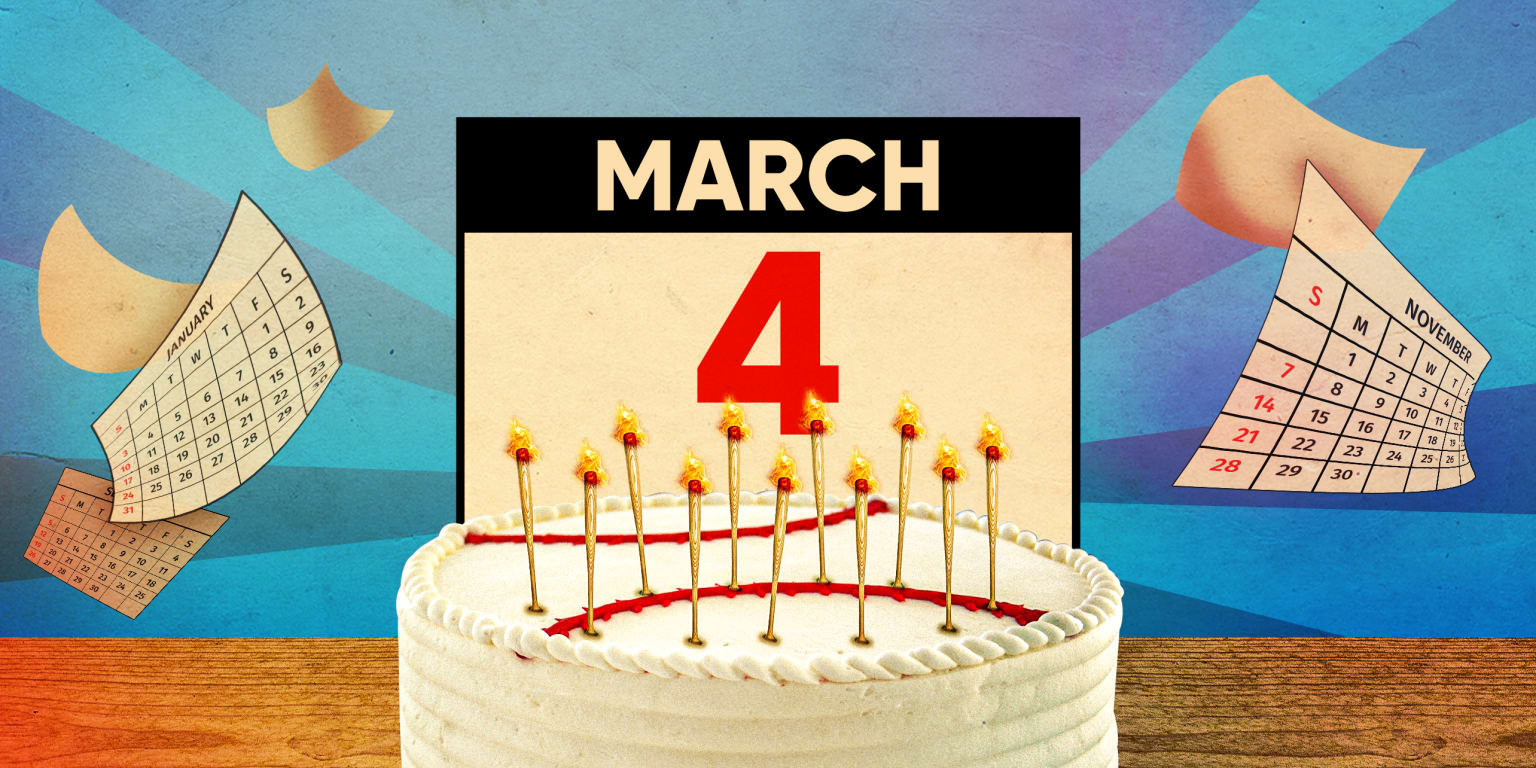Have a quick cup of coffee and then sprint wide awake into the meeting, train or lecture – a common tactic.
However, this short-term pick-me-up action can take revenge after just a few minutes.
Namely when it starts to rumble in the digestive tract and going to the toilet is highly inappropriate, but can no longer be averted .
But why does coffee actually ensure that you have to go to the quiet place so much faster than normal?
Pushing the metabolism: caffeine is not solely responsible
Pascale M. White , Lecturer in Gastroenterology at Mount Sinai Health System (New York) and Director of the Clinic for Gastroenterology, affirms ‘Popsugar’ that coffee actually has a laxative effect.
However, research disagrees as to what exactly this is. It is clear that the caffeine contained in coffee increases blood pressure and thus also sets the metabolism in motion.
A small study from 1998 underscores this. It turned out to be caffeinated Coffee had a 23 percent stronger stimulating effect in the colon than decaffeinated coffee.
Reading tip
In contrast, however, another study made it clear that it is not the caffeine can only be that after a cup of coffee the immediate urge to defecate triggers.
In this study from 1990, which was then published in the magazine ‘Gut’ was published, the researchers gave their test subjects either black, caffeinated coffee, decaf coffee or hot water to drink.
It turned out that caffeinated and decaffeinated coffee had a similarly stimulating effect, while the pure hot water triggered the urge to go to the toilet significantly less.
Increased gastrin promotes digestion
The body’s own hormone gastrin is suspected to be another trigger for stimulated digestion.
This digestive hormone is produced in the body itself and released as soon as food gets into the stomach to stimulate the muscle contraction of the stomach wall.
After consuming coffee, the gastric secretion is particularly high, explains nutritionist Birgit Warnecke from the German Coffee Association eV opposite the ‘star’ .
The food in the stomach is broken down faster and released into the intestines.
Picture gallery: 13 drinks that support a healthy intestinal flora
Because of lactose intolerance to the toilet?
The US professor Dr. White also cites another aspect that can influence digestion: the addition of additives such as artificial sweeteners and milk to coffee, which can irritate the stomach.
Especially with regard to dairy products, the warns The doctor advises that some people may have lactose intolerance, which affects the intestinal tract and can lead to both increased and loose bowel movements.
Basically, after a coffee there is a slightly increased urge to go to the toilet to leave, but completely normal and without any known negative long-term consequences – apart from short-term bad timing.
Sources
Gut 1990, S. 450-453: Effect of coffee on distal colon function
PubMed: Effect of regular and decaffeinated coffee on serum gastrin levels, abgerufen am 01.10.2021: https://www.ncbi.nlm.nih.gov/pubmed/3745848
Lesetipps
Note: This article have been indexed to our site. We do not claim legitimacy, ownership or copyright of any of the content above. To see the article at original source Click Here













